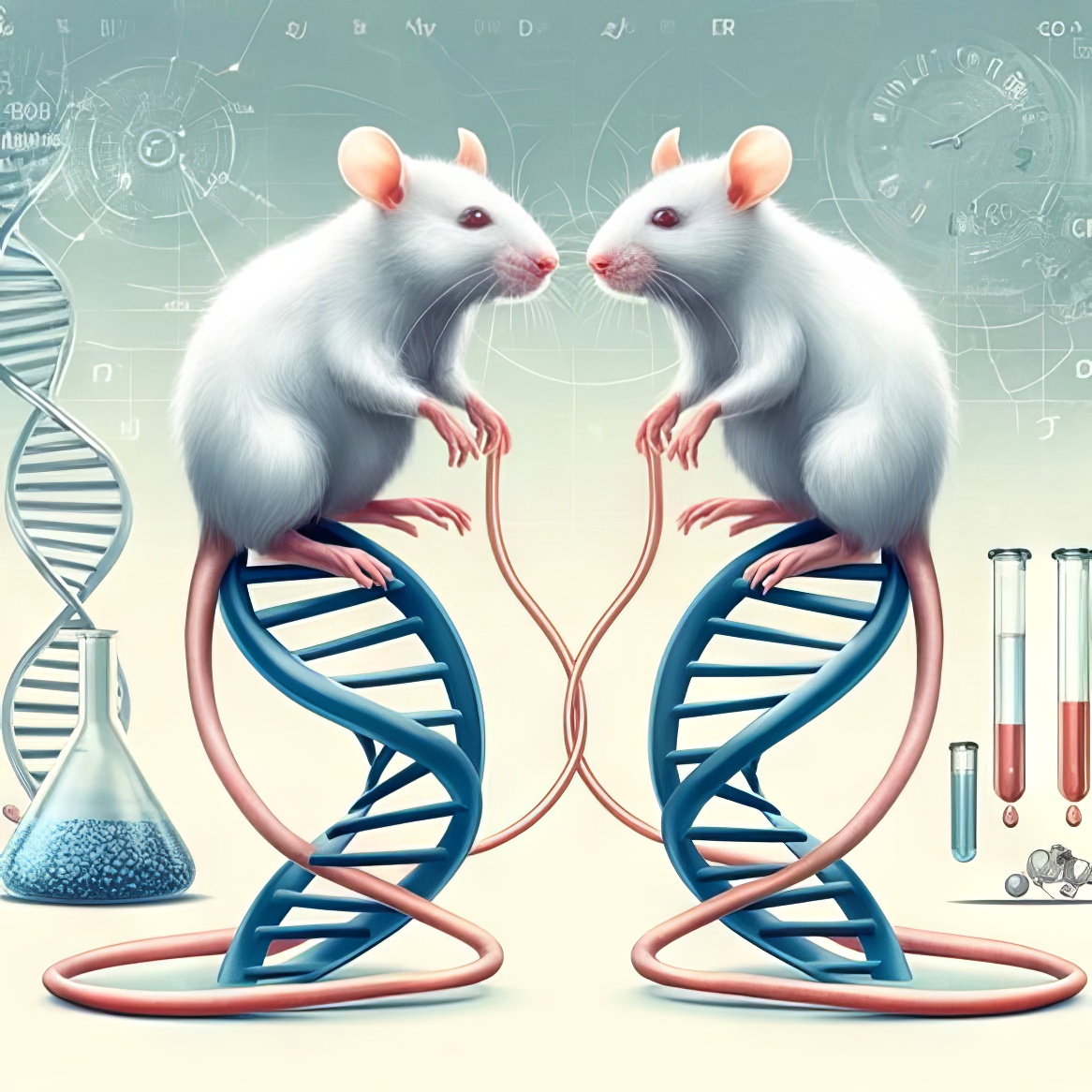Harvard's youth protein: turning back the aging clock


Your biological age may be dramatically reduced by connecting your blood circulatory system to that of a YOUNG YOU. At least that is what a seminal discovery from Harvard points out. There is a catch though. Read Hot Science below.
If you are in biotech and want to receive substantial funding, focus on longevity research. Many biotech firms do exactly that. Read below in Hot Investments about Kenai Therapeutics, pioneering groundbreaking research into diseases of aging.
Hot Science
Harvard scientists have made a groundbreaking discovery, revealing that a protein found in young blood of mice can significantly reverse aging signs in their vital tissues through a technique called heterochronic parabiosis (HPB). This method, which involves merging the circulatory systems of young and old animals, has rejuvenated tissues in mice and highlighted key "longevity genes" such as Sirt3, Gstt2, and notably, the Tert gene, essential for telomere maintenance. This study offered a deeper insight into the reversibility of biological aging. Some of this work has been published this week in Nature Aging.
We want to point out that the Harvard scientists used genetically identical mouse models that were specifically bred that way. While the experiments provide valuable insights, translating these findings to humans poses significant challenges. The only genetically identical humans are identical twins, that are, by definition, of the same age. A number of companies, including Immorta Bio, are pursuing potential solutions to this issue. Immorta Bio leverages iPSC technology, to transform patients’ own “old” cells into young ones. This approach not only matches genetic requirements, but it also allows for the use of epigenetically younger cells to rejuvenate aged organs and potentially of the whole body.
Hot Investments
Kenai Therapeutics has secured $82 million in Series A funding to propel its Parkinson's disease treatment forward, using cutting-edge iPSC, induced pluripotent stem cell, technology. This San Diego-based firm's leading therapy, RNDP-001, aims to regenerate lost dopamine-producing neurons, showing promising preclinical outcomes. Kenai is expanding its focus to include a suite of cell therapy assets for neurological disorders, with manufacturing support from Fujifilm Cellular Dynamics. Kenai Therapeutics uses allogenic cells approach for their therapeutics.
The preclinical results underscore a major promise of iPSC technology for treatment of diseases of aging. There have been some concerns over the allogenic cells’ potential because of their low rate of survival and integration in the patient’s tissue, possibly necessitating lifelong immunosuppression. Some companies, including Immorta Bio, leverage autologous cell replacement, that could overcome these challenges. While autologous cell-based therapies are more expensive, they aim for higher efficacy and reduced rejection rates by utilizing the patient's own cells.
Longevity Shorts
- After over 20 years as Medical Director at Pfizer and Abbott in the US, Dr. Bykoriz has joined Immorta Bio as Chief Medical Officer to lead clinical development and ethical compliance efforts.
- Recent research from the University of Cambridge and University of Sussex shows that older adults' brains counteract age-related decline by recruiting extra brain regions to preserve cognitive performance.
- Immorta Bio's CSO, Dr. Ichim, and CMO, Dr. Bykoriz, showcased innovations at The BIO CEO & Investor Conference 2024 in New York, NY
Term of the Day
What is Stem Cell Revivify™?
Using Immorta Bio Innovative Solutions to rejuvenate the damaged organ to a healthy state. With multiple platforms and multiple indication focus, eventual objective of Stem Cell Revivify™ is to rejuvenate the whole body achieving healthy longevity.
Boris Reznik, PhD
Chairman